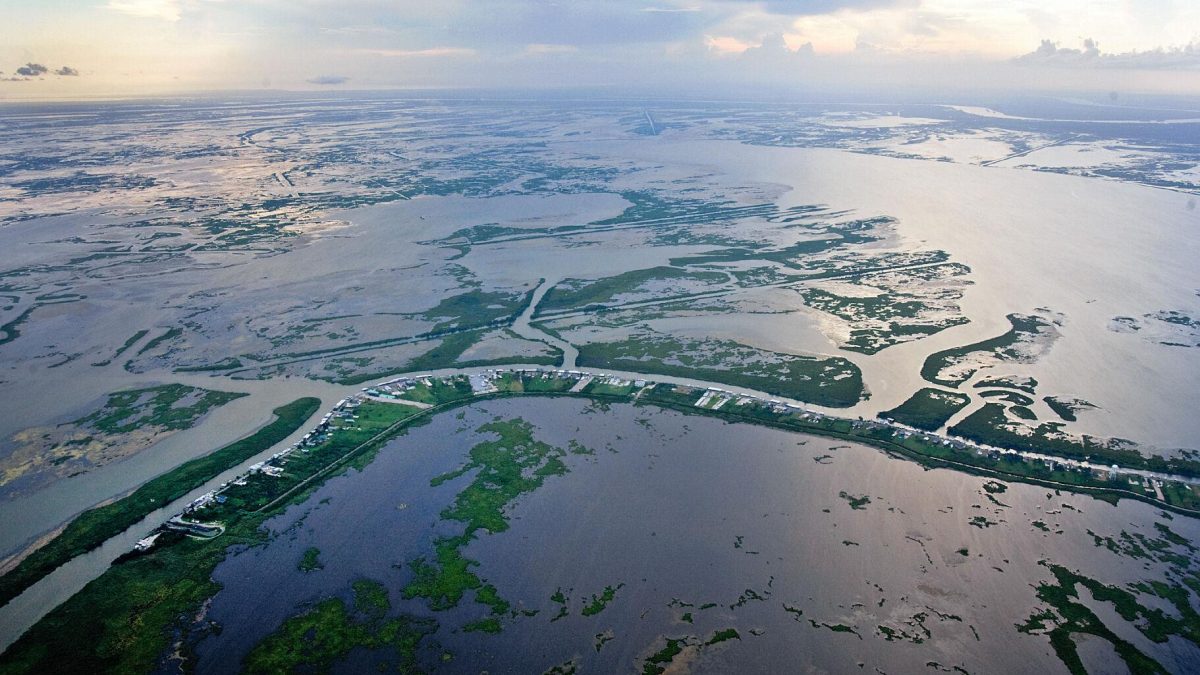
E.D. White Student Received Top Honors at LSU Livestock Show
February 27, 2022
DCFS Calls for Nominations, Applications for New Foster Caregiver Advisory Board
February 28, 2022Gov. John Bel Edwards testified last week before the U.S. Senate Environment and Public Works Committee for a field hearing in Delaware on the importance of coastal restoration in the face of climate change. Gov. Edwards specifically discussed work on the state level to restore Louisiana’s coastline in the face of multiple hurricanes and the ongoing climate crisis.
He said, “Louisiana has developed an ecosystem restoration program that is as comprehensive and forward-thinking as any other such plan in the world. We are attempting to restore a coastal ecosystem where over two million people live and where billions of dollars of industrial investment and critical infrastructure exist. The importance of our working coast to our state and the country cannot be overstated. We must restore and protect it.”
He said ensuring that the Corps has the authority and direction to increase its focus on the coastal, shoreline, and riverine ecosystems is of the utmost importance to the overall sustainability of the State of Louisiana.
The testimony explained that Louisiana was built largely by the movement of the Mississippi River, with its boundary shores established alongside the Gulf of Mexico. South Louisiana is the delta of the Mississippi River, as its distributaries spread out the collected soils from across a drainage basin that now covers 31 states and two Canadian provinces. The testimony stated that the Mississippi River no longer sustains coastal landscapes. Louisiana has lost 2,000 square miles of coastal wetlands since 1930 which is a landmass the size of Delaware. They pin the beginning of the loss on the Great Flood of 1927 when Congress charged the Corps with ensuing navigation and providing flood control. They did succeed, but interventions such as levees, unfortunately, keep the Mississippi River sediment trapped until it spills off into the Gulf of Mexico, providing no land-sustaining benefiting the coast. The advocating for the coast continues for many reasons, one being the immediate threat it bears on the coast and climate change will only intensify the issue. Louisiana continues to lose an average of a football field of coastal wetlands every 100 minutes, but the testimony stated the state is making progress on the issues.





